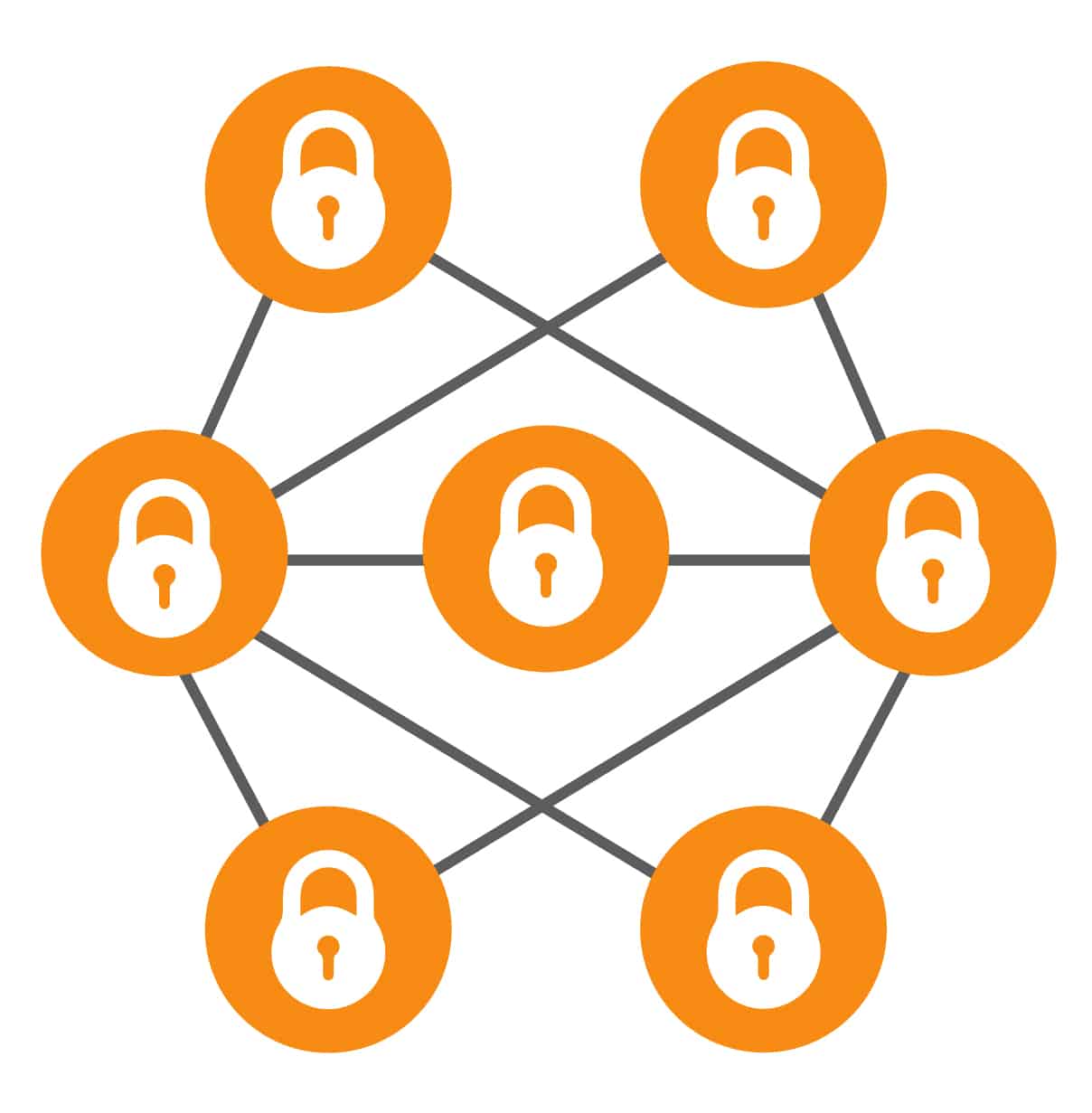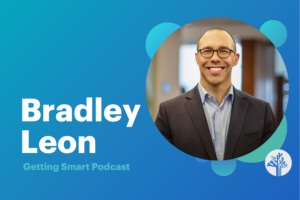What Powers Project-Based Learning? New Technology Provides the Answer

By Katie King
Most teachers I know are expert negotiators. But teachers who use project-based learning are in a class by themselves. Brokering the resources and relationships necessary to connect students with authentic, meaningful opportunities and audiences and to facilitate rigorous learning from them is a job itself.
Schools today are designed under the assumption that every necessary resource can be found within one building; they are not built to facilitate flows of expertise or talent between their students and the diffuse and complex communities outside. Yet teachers who are implementing project-based learning work to do exactly that, knowing that those real-world connections can be life-changing learning experiences.
What if that didn’t have to be so tough?
KnowledgeWorks’ ten-year forecast, The Future of Learning: Education in an Era of Partners in Code, explores how the emergence of smart transactional models–new ways of managing institutions, accessing resources and brokering relationships–might affect education in the coming decade. A recent deep dive, “Learning on the Block: Could Smart Transactional Models Power Personalized Learning?” extends that exploration through four scenarios about how blockchain and smart contracts could impact education.
 Most people think of blockchain and smart contracts as financial technologies: innovations that allow for more secure and seamless transactions around money and other assets. Yet some organizations are beginning to consider their potential application in education.
Most people think of blockchain and smart contracts as financial technologies: innovations that allow for more secure and seamless transactions around money and other assets. Yet some organizations are beginning to consider their potential application in education.
What if we could have more secure and seamless transactions in service of project-based learning? Below are three ways smart transactional models could help power project-based learning.
- Smart contracts could unlock access to community resources. Smart contracts allow for agreements to be automatically executed once a set of conditions is met. What if educators could design smart contracts to unlock the community and digital resources that students need, as they need them, in the course of carrying out a project? One “Learning on the Block” scenario, Parent Power, looks at how self-directed learners could find and access learning experience across a community, including arranging transportation and payments.
- Blockchain could facilitate secure and collaborative verification of learning and credentialing. Blockchain is a digital ledger of transactions that is maintained by a network of devices instead of a central authority. Every device in that particular blockchain network is constantly checking that the ledger is correct. Anytime a new transaction is logged, a majority of the devices have to agree that it’s valid and meets the appropriate criteria before it can be confirmed.
Another “Learning on the Block” scenario, Systemic Synergy, explores the possibility that learners could be constantly receiving feedback and assessment from a network of educators, professionals and machine partners as they complete a wide range of learning experiences. In this scenario, one learner sits on a local council, takes courses and completes community service as part of a personalized, project-based learning pathway, demonstrating mastery and receiving credentials that are verified by the human and machine network.
- Smart transactional models could offer new ways to share learning outcomes. One of the challenges of project-based learning can be demonstrating that students are learning, when most assessments are often aligned with more traditional types of instruction. Whenever transactions are verified or smart contracts are executed on blockchain, a transparent, immutable record is created, which could serve as a new kind of transcript.
As project-based learning expands and future learning happens in more and more diverse and distributed venues, teachers, schools and learners might not need to take sole responsibility for tracking the steps of a learning pathway and verifying that learning has taken place. Imagine how accountability might change if we could see which learner experiences led to which outcomes, all while protecting student privacy and identity?
At this stage, these possibilities raise more questions than answers, and they certainly would require major reconfiguration of how we manage our schools and education resources. Project-based learning is beginning to lay the groundwork.
If we hope to expand it to serve as a bridge between school as we know it today and a more distributed “project-based world,” we also need to expand educators’ and learners’ access to the wide array of resources that lie outside the school walls. Using smart transactional models to facilitate access to resources, to verify and credential learning and to enable new forms of quality assurance could be one way to take that responsibility off the plates of educators and open up the promises of project-based learning to all learners.
This blog is part of “It’s a Project-Based World” series. To learn more and contribute a guest post for the series, see the Project-Based World page. Join in the conversation at #projectbased.
For more, see:
- Students and Employers Benefit in Real World PBL
- Is it a Project or an Activity? Project-Based Learning and its Cousins
- 3 Elements of Deeper Project-Based Learning
Katie King is a futurist, former middle school teacher and co-authored “Learning on the Block: Can Smart Transactional Models Power Personalized Learning?” for KnowledgeWorks. Follow them on Twitter: @KnowledgeWorks.
Stay in-the-know with all things EdTech and innovations in learning by signing up to receive the weekly Smart Update.





Martin Sumichrast
Hi, Its really an interesting + inspiring post. I like reading this kind of stuff.
Cheers!